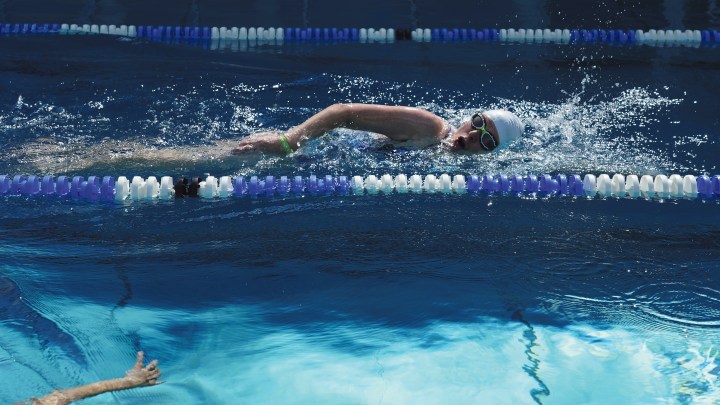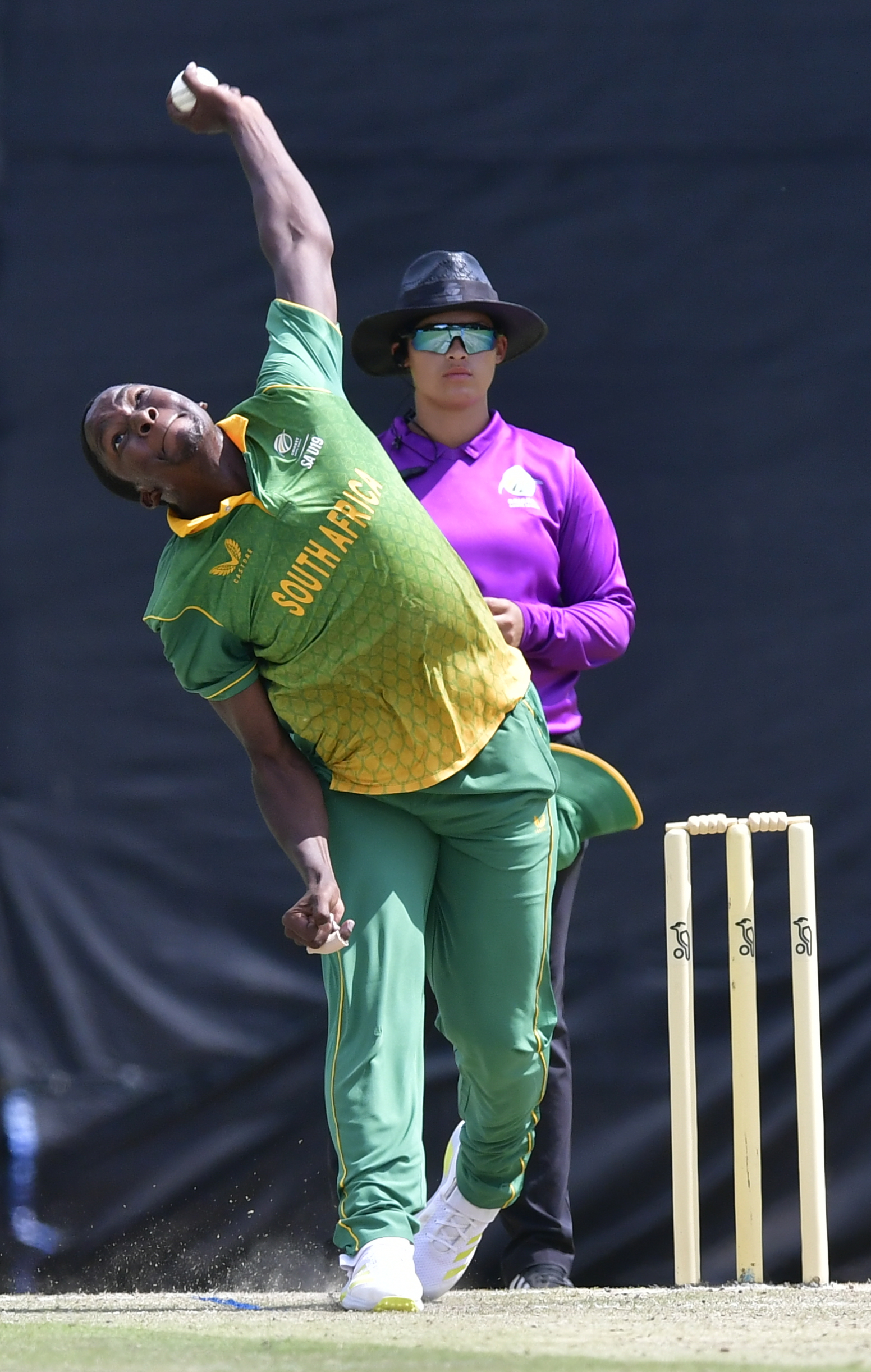FOUL PLAY
Spoiled sports — ‘culture of fear’, body perception and pressure ruin the game for young athletes

An investigation into the culture in England’s swimming community, especially at junior level, has ignited a conversation about the toxic culture in sports, especially for young people.
In its purest form, participating in sports is about enjoyment. It’s a healthy escape from all the troubles of the world. It’s about character development and friendly rivalries. Of course, being active is also beneficial for the body, keeping it as healthy as possible.
Sports can also be extremely competitive and demanding, especially if young athletes harbour aspirations to pursue their sport on a professional level. However, this is also true for people who play sport for leisure.
This can bring about the negative aspects of being involved in sports – a dark side that is devoid of compassion and sometimes strips athletes of their humanity. It is particularly the case at junior level, where young people don’t have much autonomy and depend on the adults around them for protection.
A recent report commissioned by Swim England, titled “Heart of Aquatics Listening Research”, highlights such experiences for young swimmers in the country.
The report, at almost 150 pages, was released at the beginning of March. It chronicles the stories of young athletes, their parents and coaches, and concludes that there was evidence of a “culture of fear” at swimming clubs. It was brought on by years of murmurings that the sport in that country is riddled with all sorts of abuse and prejudice.
Crossroads
Sport England, whose job is to encourage English citizens to pick up a sport and take part in it for the rest of their lives, described the report as “a crossroads moment, both for Swim England and everyone involved in the sport more widely”.
The document shines a spotlight on systematic abuse, racism and bullying in England’s junior swimming structures and clubs.
The findings, which included about 1,000 voices across different spheres in the English swimming community, highlighted that there is a performance-first system, which placed pressure on top young athletes to juggle busy exam periods or even be in top form when they were mentally and physically exhausted. This led to some of them quitting the sport.
Parents are sometimes complicit in these happenings, pushing their children beyond their limits for their own satisfaction.
“We get parents pushing kids who aren’t enjoying it any more and making them come. We sent out a questionnaire to parents to assess goals, asking: ‘Is it about enjoyment or the competitive side?’ This has helped us tailor sessions better so we can retain youngsters,” said one of the club coaches who spoke as part of the research done for the report.
Athletes also said that reporting their experiences can result in negative consequences, from being ignored or penalised by coaches, to feeling ostracised or pushed out of the club or sport. Clubs are also known to sometimes ignore or not act on concerns about bullying by coaches because of the risk of a coach leaving who they will then struggle to replace.
These happenings are undoubtedly not restricted to the sport of swimming. Or England, for that matter.
Prevailing perceptions
In the eyes of many people who follow or are involved in sports, an athlete is supposed to look a certain way. As soon as they don’t, they are perceived as not being good enough. This is a universal perception.
One great example is that of Lionel Messi and Cristiano Ronaldo. The two footballers slot into many people’s top five when the conversation of the greatest players is brought up.

Kwena Maphaka in action during an U19 Tri-Series ODI between South Africa and India at Old Edwardians CC in Johannesburg on 6 January 2024. (Photo: Sydney Seshibedi / Gallo Images)
However, their physical attributes couldn’t be more different. Physically, Ronaldo is the archetype of what society perceives as the perfect athlete. Messi, on the other hand, is diminutive and without the physical strength of Ronaldo.
In fact, if it weren’t for treatment for his growth hormone deficiency, Messi may have been even shorter, which would have significantly reduced his odds of rewriting football history, as he has done over the past two decades. Nevertheless, he defied the stereotypes of his early years to be where he is now.
In South Africa, cricketers such as Sisanda Magala and Dané van Niekerk have been under scrutiny for the structures of their bodies. Even cricket legend Jacques Kallis was not immune to jabs about his body structure.
Heavy criticism
It’s not just about appearances, though. Young people need some protection from the pressures of sport, especially those who make it to elite level at a young age. Recently, 17-year-old fast-bowling sensation Kwena Maphaka had a tough debut in the Indian Premier League (IPL) for the Mumbai Indians.
It prompted a highly critical social media post from former Proteas fast bowler Dale Steyn. Steyn’s initial remarks gave no context to Maphaka’s performance and came off poorly. Steyn issued a belated, supportive post a day later, but the damage was done.
Maphaka, crowned Player of the Tournament at the ICC U19 Men’s Cricket World Cup 2024, is currently in matric at St Stithians and through his own brilliance earned a chance to play in the IPL.
His debut was obviously disappointing, but considering his inexperience, the enormity of the occasion and the quality of the opposition, in isolation it can only be a good learning experience.
Read more in Daily Maverick: The athlete’s gamble: Early specialisation or diversification?
If Maphaka is properly supported – and the Mumbai Indians appear to have given him that support in public – he will grow from these experiences. A few days later he took his first wicket in the competition as Mumbai showed him support by giving him another chance.
“An important overall finding of the research is that the main types of experiences shared are the same now as they were in the past,” said the swimming report from England.
“Former and current athletes reported similar positive and negative experiences, indicating that even past or historic issues are ongoing and systemic. This highlights the challenges of any cultural change.”
Such challenges include reconciling the fun in sports with the competitive nature that generally prevails in it. DM
This story first appeared in our weekly Daily Maverick 168 newspaper, which is available countrywide for R29.



















 Become an Insider
Become an Insider
Comments - Please login in order to comment.